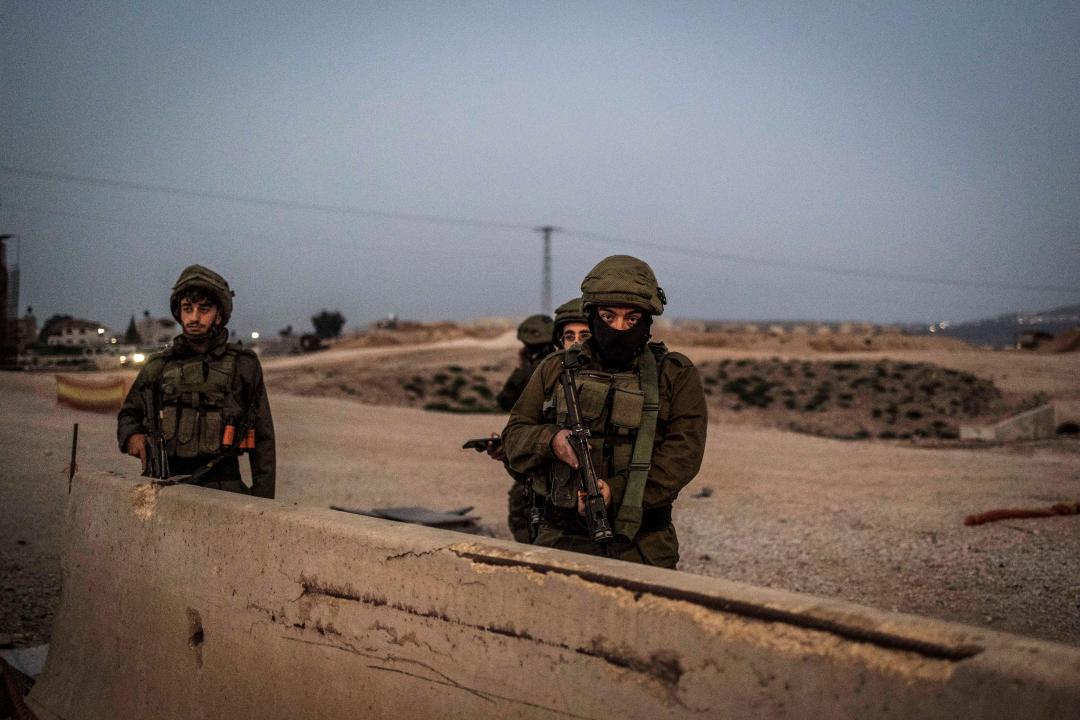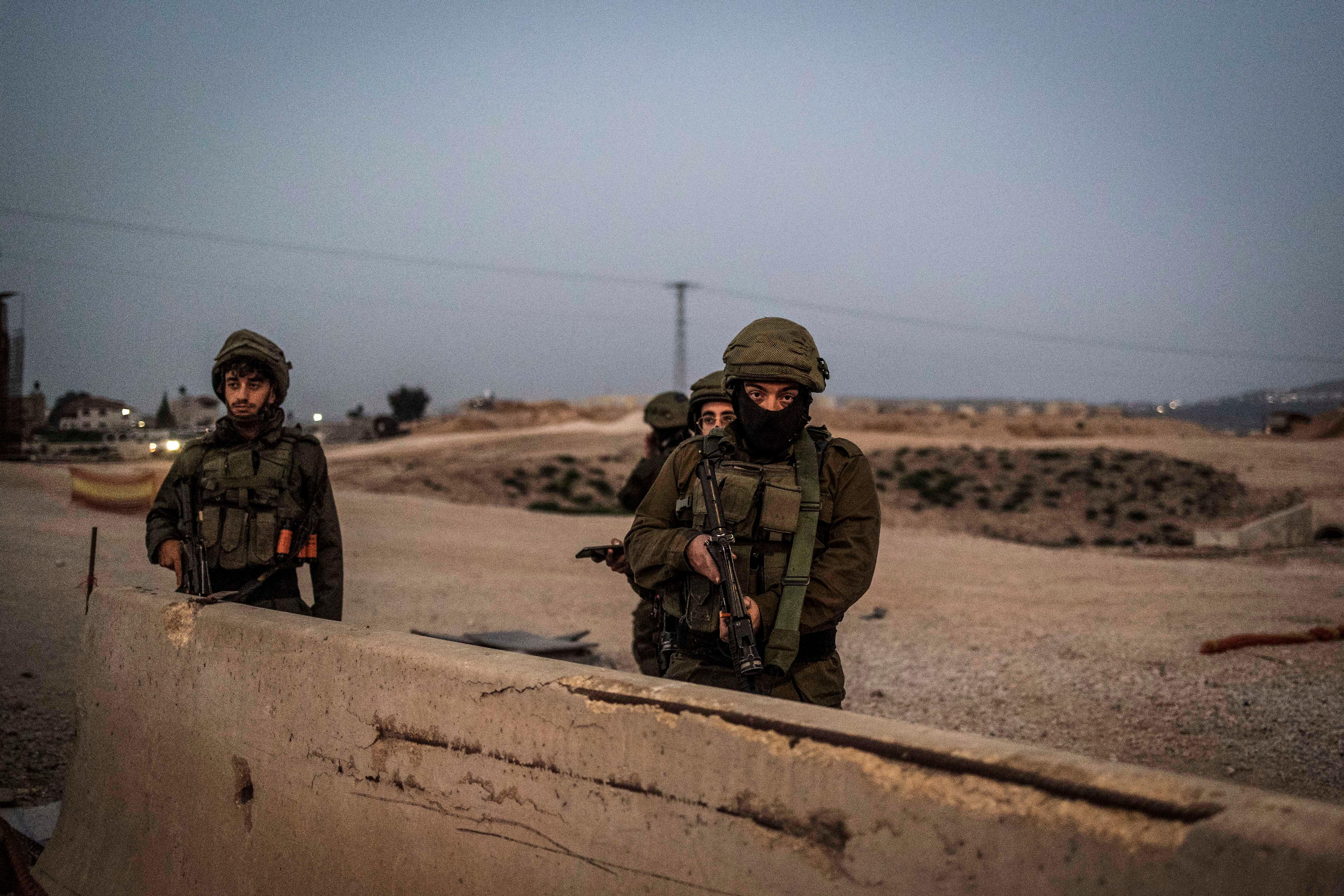‘I think the village of Huwara needs to be wiped out. I think the State of Israel should do it.’
I have read those words and read them again – and again. I have checked various news sources to be sure there was no error in translation or transcription. I have tried to parse the words to construe a meaning other than the one I know in my gut to be true. But it won’t work. The words mean what they say. They are a call for ethnic cleansing.
The words were spoken by Bezalel Smotrich, Israel’s finance minister and leader of Tkuma, a religious nationalist party of the far right. Smotrich was interviewed yesterday morning at a conference hosted by Tel Aviv based financial newspaper, The Marker. He was asked why he had ‘liked’ a tweet calling for Huwara, a Palestinian village in Samaria, to be ‘erased’. On Sunday, two Israelis were murdered by a Palestinian terrorist while driving through the village, which prompted dozens of Israelis to riot, setting fire to Palestinian houses and cars. One Palestinian was shot dead. I wrote about it on Coffee House on Monday.
The national religious politician added that, ‘God forbid’, he did not want to see civilians ‘take the law into their own hands’.
In whatever form Smotrich would have this ‘wiping out’ take place, it would have to involve the forced displacement of a population out of territory on which they are lawfully resident. Absent any other legal justification, that is ethnic cleansing: a crime against humanity.
There are some in Israeli politics and even the security establishment calling the siege on Huwara a ‘pogrom’. I disagree. It was an inexcusable frenzy of murderous thuggery but ‘pogrom’ has a very specific meaning. It’s a Yiddish word taken from the Russian ‘pogromu’, meaning ‘devastation’ or ‘destruction’, and Merriam-Webster defines it as ‘an organised massacre of helpless people, specifically such a massacre of Jews’. It shouldn’t require drawing a false parallel between Huwara and the persecution of the Jews in exile to appreciate the wickedness of Sunday night’s attack.
Many Israelis do recognise it. Since Sunday, Israeli citizens have donated 1.6m shekels (£370,000) to repair the damage done by their compatriots. The opposition parties have been fierce in their condemnation. From the governing coalition, the closest to a rebuke came in a mealy-mouthed statement against vigilanteism from prime minister Benjamin Netanyahu. Others were less eager to wring their hands. Zvika Fogel, a Knesset member from the extremist, anti-Arab Otzma Yehudit party, said:
A closed, burnt Huwara – that’s what I want to see. That’s the only way to achieve deterrence. After a murder like yesterday’s, we need burning villages when the IDF doesn’t act.
His colleague Limor Son Har-Melech even went to Huwara ‘to support the righteous cry of hundreds of Samaria residents who came out to protest and demand security’.
Israeli police are reportedly investigating Fogel’s comments. And now Smotrich, a senior minister in the government of Israel, speaks openly of wiping out a Palestinian village. Even, and perhaps especially, the staunchest friends of Israel must be feeling a sickening knot in their stomach. I know I am.
There is no refuge to be found in saying that senior Palestinian politicians say far worse, especially in Arabic. Calling for a village full of people to be wiped out is objectively evil, no matter how many terrorists are harboured there, no matter how many might support the murder of Israelis, no matter anything. That it is becoming difficult to distinguish Israeli ministers’ calls to incitement and extremism from those of their Palestinian counterparts is no mitigation. It’s another grim reminder of the bigotry and fanaticism Benjamin Netanyahu has invited into his government.








Comments